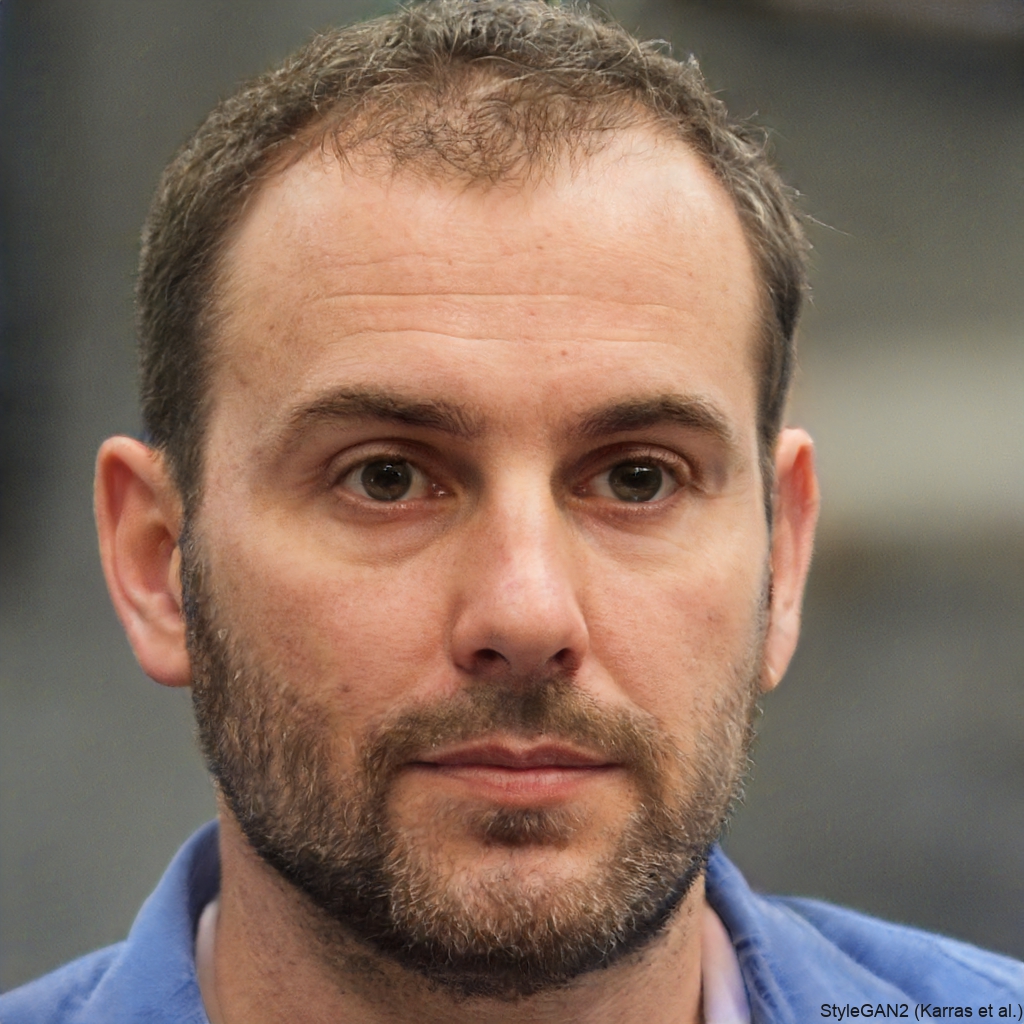Introduction: The Future of Work Is Already Here — Are You Ready?
Imagine waking up, brewing your favorite coffee, and logging into a high-paying job — all without leaving your living room. No commute. No dress code. Just you, your laptop, and a world of opportunity. Sounds like a dream? For millions of professionals around the globe, this is already reality. And by 2025, remote work won’t just be a perk — it’ll be the standard.
But here’s the catch: not everyone will thrive in this new landscape. As companies shift to permanent remote or hybrid models, they’re not just hiring for experience — they’re hunting for specific, future-proof skills that make remote collaboration seamless, productive, and human.
In this article, we’ll break down the top remote skills employers are actively seeking in 2025 — not based on hype, but on real hiring data, recruiter surveys, and workforce trend reports. Whether you’re looking to land your first remote gig, pivot your career, or future-proof your resume, this guide will show you exactly what to learn, why it matters, and how to start today.
We’ll explore everything from the tech tools you can’t ignore to the soft skills that set remote rockstars apart. Plus, we’ll share practical tips, real-world examples, and even a few mistakes to avoid. Let’s dive in — your remote-ready future starts now.
1. Digital Communication Mastery: More Than Just Typing Fast
Let’s be honest — remote work lives and dies by communication. You can be the most brilliant coder, designer, or strategist in the world, but if you can’t clearly explain your ideas over Slack, Zoom, or email, you’ll get lost in the digital noise.
Employers in 2025 aren’t just looking for people who can communicate — they want professionals who communicate intentionally. That means:
- Choosing the right channel for the right message (Is this a Slack DM? An email? A Loom video? A scheduled call?)
- Writing clearly and concisely — no rambling paragraphs. Bullet points are your friend.
- Being proactive, not reactive — flagging blockers early, summarizing decisions, and confirming next steps.
“Remote work magnifies miscommunication. The best remote workers don’t just respond — they anticipate.” — Remote Work Report, FlexJobs 2024
Why this matters in 2025:
As teams become more global and asynchronous, clear communication becomes the glue that holds projects together. Companies are prioritizing hires who reduce friction, not add to it.
How to build this skill:
- Practice writing short, actionable updates. Try the “BLUF” method: Bottom Line Up Front.
- Record yourself explaining a concept in 60 seconds. Watch it back — was it clear?
- Join a remote-friendly community (like remote-focused Slack groups or Discord servers) and observe how top performers communicate.
This isn’t about being the loudest in the (virtual) room. It’s about being the clearest.
2. Self-Management & Time Autonomy: Your New Superpower

When your boss isn’t looking over your shoulder, discipline becomes your greatest asset — and your biggest vulnerability.
Employers in 2025 are obsessed with candidates who demonstrate autonomous productivity. Translation: Can you manage your time, prioritize tasks, and deliver results — without someone micromanaging you?
This includes:
- Time blocking and using tools like Notion, Toggl, or Clockify to track focus.
- Setting boundaries — knowing when to log off to avoid burnout.
- Proactively reporting progress — not waiting to be asked.
“The #1 trait we look for in remote hires? Self-awareness around their energy and workflow.” — Head of Talent, Doist
Why this matters in 2025:
With the rise of results-only work environments (ROWE), companies care less about when you work and more about what you deliver. If you can structure your day to maximize output while maintaining balance, you’re golden.
Real-world example:
Sarah, a freelance project manager, landed a full-time remote role at a SaaS startup because she shared her Notion dashboard during the interview — showing exactly how she tracked deadlines, delegated tasks, and blocked deep work time. She didn’t just say she was organized — she proved it.
Quick tip: Start small. Use the “Pomodoro Technique” (25 mins work, 5 mins break) for one week. Track what you accomplish. You’ll be shocked at how much more you get done — and how attractive that becomes to employers.
3. Tech Stack Fluency: It’s Not About Knowing Everything — Just the Right Things
You don’t need to be a software engineer to thrive remotely — but you do need to be fluent in the tools that power remote collaboration.
In 2025, employers aren’t just asking if you’ve used Slack or Zoom. They want to know if you can leverage the full potential of the remote tech stack — from automating workflows to troubleshooting basic issues without calling IT.
Top tools employers expect you to know:
- Communication: Slack, Microsoft Teams, Discord
- Project Management: Asana, Trello, ClickUp, Jira
- Documentation & Collaboration: Notion, Google Workspace, Confluence
- Automation & Integration: Zapier, Make (formerly Integromat)
- Design & Prototyping (even for non-designers): Figma, Miro, Whimsical
“We’ve stopped hiring people who say ‘I’ll learn the tools on the job.’ In 2025, you need to hit the ground running.” — Tech Recruiter, RemoteTech Hiring Survey 2024
Why this matters in 2025:
Companies are drowning in tool fatigue. They want employees who can streamline, not complicate. Knowing how to connect tools (e.g., auto-posting Slack updates when a Trello card moves) makes you 10x more valuable.
How to get started:
- Pick one tool from each category above and go deep. YouTube tutorials are your best friend.
- Build a “digital portfolio” — even if you’re not in tech. Show how you’ve used Notion to organize a personal project or Zapier to automate your job search.
- List specific tools on your resume — not just “familiar with project management software,” but “Managed 12+ concurrent projects using ClickUp with 98% on-time delivery.”
Tech fluency isn’t optional. It’s the price of admission.
4. Emotional Intelligence (EQ) in a Digital World: The Silent Game-Changer
Here’s a truth most job descriptions won’t tell you: Remote work is lonely. And in a world of avatars and delayed replies, emotional intelligence isn’t soft — it’s strategic.
Employers in 2025 are prioritizing EQ because remote teams need people who can:
- Read the room — even when there’s no room. Sensing frustration in a terse Slack message. Knowing when to send a voice note instead of text.
- Build trust without face-to-face interaction. Sharing small wins, celebrating teammates, showing up consistently.
- Navigate conflict with empathy. Remote misunderstandings escalate fast. EQ helps de-escalate them faster.
“We’ve seen more remote hires fail from low EQ than low IQ.” — People Ops Lead, GitLab
Why this matters in 2025:
As AI handles more technical tasks, the human skills — empathy, adaptability, collaboration — become your differentiator. Machines can code. Only you can make a teammate feel seen.
Real-life analogy:
Think of remote EQ like Wi-Fi signal strength. You can have the fastest laptop in the world, but if your “connection” to your team is weak, nothing loads properly. Strengthen your signal.
How to grow your remote EQ:
- Practice “over-communicating care.” A quick “How’s your week going?” can rebuild connection.
- When giving feedback, use the “SBI” model: Situation, Behavior, Impact. (“In yesterday’s meeting [situation], when you interrupted [behavior], it made others hesitant to share [impact].”)
- Take a free EQ assessment (like the one from MindTools) and work on one weakness per quarter.
EQ isn’t fluff. It’s the secret sauce of remote leadership — even if you’re not a manager.
5. Cross-Cultural Collaboration: Working Without Borders

Your next teammate might be in Berlin. Your client in Bangkok. Your manager in Buenos Aires. And that’s not a hypothetical — it’s the daily reality for remote teams in 2025.
Employers aren’t just looking for people who tolerate time zones — they want professionals who thrive in global, multicultural environments. That means:
- Understanding cultural norms around communication (direct vs. indirect feedback, formality levels).
- Respecting holidays and work rhythms outside your own country.
- Being curious, not judgmental, when someone approaches a problem differently.
“The most successful remote teams don’t ignore cultural differences — they leverage them.” — Global HR Director, Automattic
Why this matters in 2025:
Diversity isn’t just about representation — it’s about innovation. Teams that navigate cultural nuance well outperform homogeneous ones by 35% (McKinsey, 2024). Companies know this — and they’re hiring accordingly.
Practical tip:
Start following professionals from different regions on LinkedIn or Twitter. Notice how they phrase things. What time do they post? What topics do they prioritize? Small observations build big awareness.
Avoid this mistake:
Don’t assume “remote = English only.” Offering to learn basic phrases in a teammate’s language (even via Google Translate) builds instant rapport. “Gracias por tu paciencia” goes a long way.
The world is your workplace. Learn to speak its language — literally and culturally.
6. Continuous Learning Agility: The Only Constant Is Change
In 2025, your degree or past job title won’t matter as much as your ability to learn, unlearn, and relearn — fast.
Employers are shifting from “What have you done?” to “How quickly can you adapt?” Why? Because tools evolve. Markets shift. AI disrupts. The only insurance policy is learning agility.
This means:
- Actively seeking feedback — and acting on it.
- Dedicating 2-5 hours/week to skill-building (courses, podcasts, communities).
- Experimenting with new tools or methods — even if they fail.
“We promote learners, not knowers.” — CEO, Buffer
Why this matters in 2025:
The half-life of a skill is now under 5 years (World Economic Forum). If you’re not learning, you’re depreciating. Employers want assets that appreciate.
How to showcase this:
- Keep a “learning log” — a simple Notion doc where you track what you’ve learned each week. Share it in interviews.
- Take a micro-course on Coursera or LinkedIn Learning every month. Even 90 minutes counts.
- Say “I don’t know — but I’ll figure it out” more often. That phrase is catnip to remote hiring managers.
Learning agility isn’t a skill — it’s a mindset. And in 2025, it’s non-negotiable.
7. Cybersecurity & Data Hygiene: Protecting the Digital Workspace
You might not be an IT specialist — but in 2025, every remote worker is on the front lines of cybersecurity.
Employers are no longer assuming employees “know the basics.” They’re screening for candidates who understand:
- How to spot phishing emails (even clever ones).
- Why 2FA (two-factor authentication) isn’t optional.
- How to securely share files and manage passwords.
- The risks of public Wi-Fi — and how to mitigate them.
“One employee clicking one bad link can cost us $2M. We train everyone — but we prefer to hire people who already get it.” — CISO, Remote-First SaaS Company
Why this matters in 2025:
Cyberattacks on remote workers surged 238% since 2020 (IBM Security). Companies are prioritizing hires who reduce risk — not create it.
Quick checklist to start today:
✅ Use a password manager (Bitwarden, 1Password)
✅ Enable 2FA on every work account
✅ Never download attachments from unknown senders
✅ Use a VPN on public networks
✅ Lock your screen when stepping away (even at home!)
You don’t need to be a hacker to be cyber-smart. You just need to care.
8. Outcome-Oriented Thinking: Focus on Impact, Not Activity
In an office, you might get credit for “being busy.” In remote work? Busy is invisible. Only results are visible.
Employers in 2025 are filtering for candidates who think in outcomes:
- Not “I attended 10 meetings” but “I reduced meeting time by 30% by implementing async updates.”
- Not “I worked 50 hours” but “I shipped the MVP 2 weeks early by reprioritizing features.”
“Remote work rewards output, not optics.” — Founder, Remote Year
Why this matters in 2025:
With fewer visual cues, managers need employees who can articulate their impact. If you can’t measure it, you can’t improve it — or get promoted.
How to shift your mindset:
- Start every week by asking: “What 3 outcomes will make this week successful?”
- Track your “impact metrics” — not hours logged. (e.g., “Reduced customer onboarding time by 15%”)
- In performance reviews, lead with results — not effort.
Stop counting hours. Start measuring value.
Conclusion: Your Remote Future Starts With One Skill — Initiative
Let’s recap what we’ve covered — because these aren’t just “nice-to-haves.” They’re the non-negotiables for thriving in the 2025 remote job market:
- Digital Communication Mastery — Clarity is currency.
- Self-Management & Time Autonomy — Discipline beats motivation.
- Tech Stack Fluency — Tools are your teammates.
- Emotional Intelligence — Connection is your competitive edge.
- Cross-Cultural Collaboration — The world is your office.
- Continuous Learning Agility — Adapt or get left behind.
- Cybersecurity Hygiene — You’re the first line of defense.
- Outcome-Oriented Thinking — Results speak louder than activity.
The best part? You don’t need to master all eight today. Start with one. Pick the skill that feels most urgent — or most exciting — and dive in. Take a course. Practice for 20 minutes a day. Share what you learn with someone else.
Remote work isn’t going anywhere. In fact, it’s evolving — becoming more competitive, more dynamic, and more rewarding for those who prepare.
So ask yourself: Which of these skills will you commit to building this month?
Drop your answer in the comments — we’d love to cheer you on. And if you found this guide helpful, share it with someone who’s ready to go remote in 2025. The future of work is collaborative. Let’s build it together.
P.S. Still unsure where to start? Here’s your homework:
👉 This week, audit your weakest skill from the list above. Spend 90 minutes learning one practical tactic to improve it. That’s it. Small steps create big shifts.
You’ve got this. See you in the remote workspace.

Danilo Ferreira is a passionate entrepreneur, travel, and financial freedom enthusiast, always seeking new ways to expand his horizons and live with purpose. Driven by a high-performance mindset, he combines discipline and curiosity to achieve ambitious goals, exploring the world while building projects that reflect his vision of independence and continuous growth.







